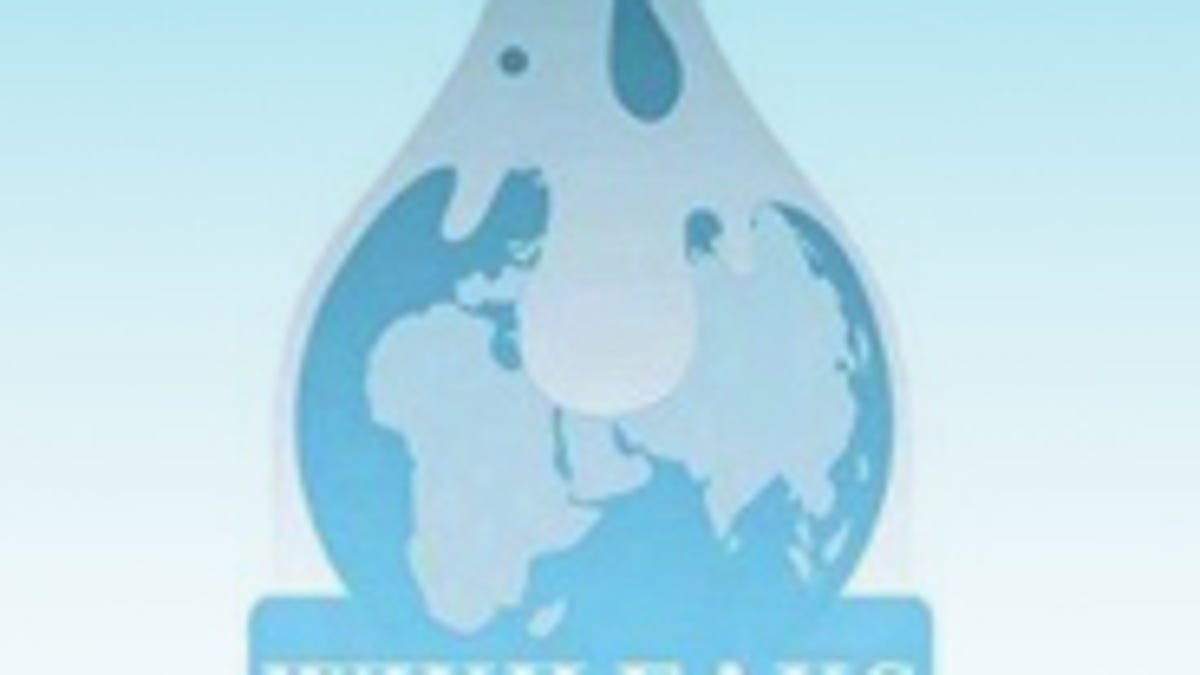As cash runs low, WikiLeaks finds way to accept plastic again
The controversial organization says the French nonprofit Fund for the Defense of Net Neutrality set up a payment system through Carte Bleue credit card systems.

Following a concerted effort to starve Wikileaks of cash by cutting off its sources of funding, the controversial publisher of government and corporate secrets has found a way to once again accept donations via credit cards.
WikiLeaks yesterday announced that it has launched "a new payment gateway" that relies upon the French credit card system Carte Bleue. That system, which works globally with the Visa/MasterCard system that's currently blockading WikiLeaks, is "contractually barred from directly cutting off merchants," according to the organization. A French not-for-profit has taken advantage of that loophole and helped WikiLeaks out.
"The French non-profit FDNN (Fund for the Defense of Net Neutrality) has set up a Carte Bleue fund for WikiLeaks," the organization wrote in a statement. "WikiLeaks advises all global supporters to make use of this avenue immediately before VISA/MasterCard attempts to shut it down."
Financial troubles have long been an issue for WikiLeaks, which relies entirely upon public donations to survive. Its cash crunch grew especially acute in 2010 when several banks froze its accounts after the organization released a trove of U.S. State Department cables on the Internet. Although WikiLeaks continued operating for a period after the blockade, the organization quickly issued a call for help, saying back in October that it would stop publishing material until it could raise some cash.
"We are forced to temporarily suspend publishing whilst we secure our economic survival," the group said in a statement at the time. "For almost a year we have been fighting an unlawful financial blockade. We cannot allow giant U.S. finance companies to decide how the whole world votes with its pocket. Our battles are costly."
According to WikiLeaks, it pays $5,000 for 20 "secure phones to stay anonymous" and its legal cases cost $1 million. Server costs in over 40 countries set the organization back $200,000. WikiLeaks has also faced an "added cost" of $500,000 due to the house arrest of founder Julian Assange.
In yesterday's statement, the organization said that it "has been forced to run on its cash reserves," which dropped from 800,000 euros (about $984,000) at the end of December 2010 to less than 100,000 euros last month. The organization says that its income, which has been generated through alternative funding options, like peer-to-peer currency Bitcoin and Moneygram, currently stands at "just 21 percent of operating costs."
Assange had some fighting words to share with the world in yesterday's statement, saying that his organization is "waiting" for a battle over its new funding method.
"Let them shut it down," Assange said of the new donation option. "Let them demonstrate to the world once again their corrupt pandering to Washington. We're waiting. Our lawyers are waiting. The whole world is waiting. Do it."

